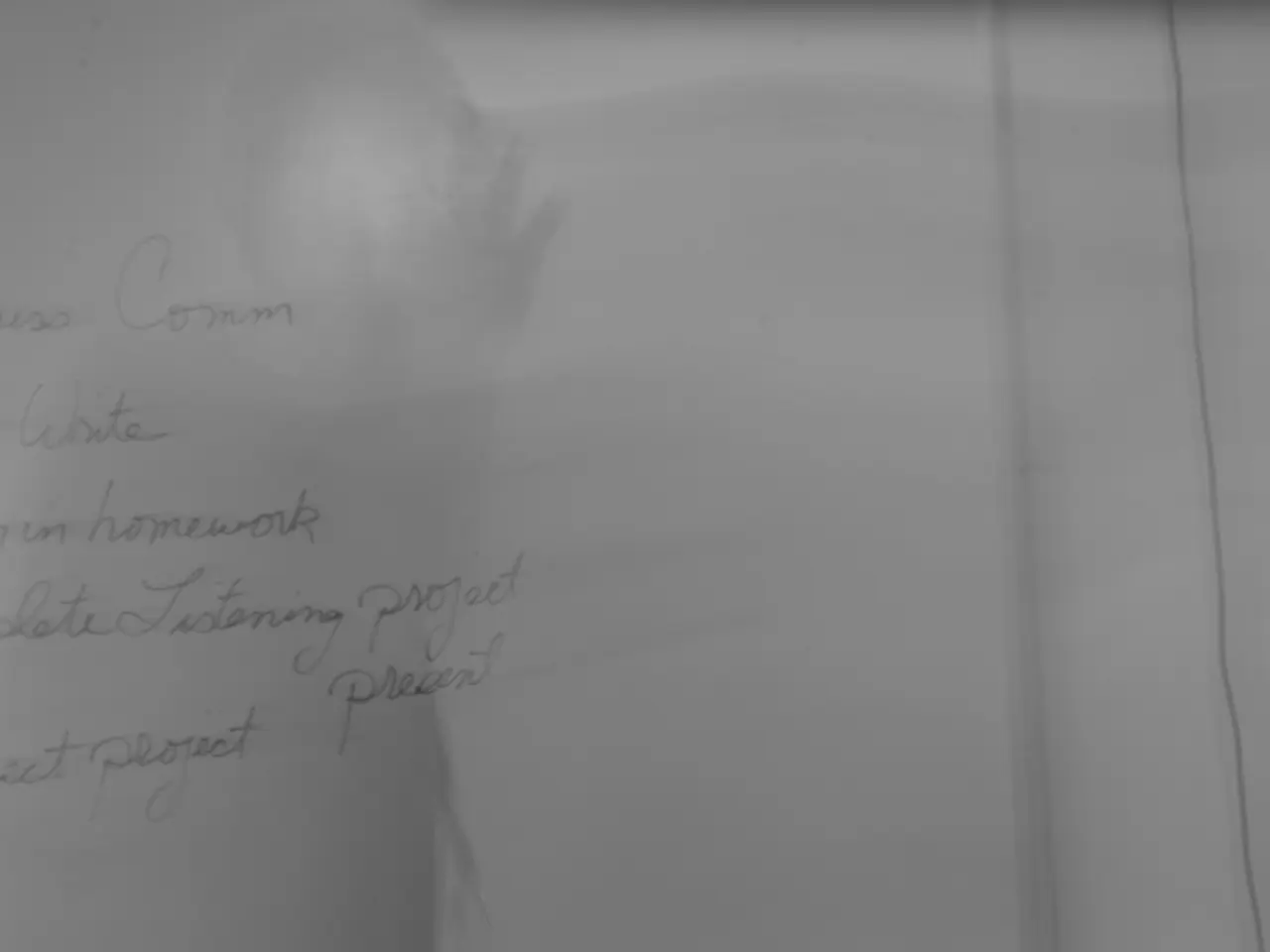Multiple conflicts are being dealt with simultaneously across various arenas, according to Etienne van Namen.
The Dutch gambling market, currently undergoing rapid evolution, faces a host of challenges that have left operators in a state of uncertainty. The recent changes in duty-of-care obligations by parliament, coupled with shifting regulations and increasing compliance demands, have created a complex landscape for license holders.
The introduction of the Remote Gambling Act (KOA) in 2021 aimed to bring structure and consumer protection to the market. However, the political environment in the Netherlands continues to present persistent challenges due to continuous changes in legislation.
One of the primary concerns is maintaining compliance post-licensing. Operators are required to meet high standards in responsible gambling, data protection, and financial transparency. This, combined with the Dutch Gambling Authority's (KSA) stringent licensing process—requiring a complete and Dutch-language application, backed by extensive documentation—makes navigating the market a daunting task.
Unlicensed operators, exploiting loopholes in ad targeting, domain masking, and affiliate networks, continue to reach Dutch consumers. Enforcement alone isn't enough to disrupt these networks; a coordinated effort involving ad tech platforms, payment providers, and ISPs is essential.
The KSA acknowledges that a significant share of online gambling revenue may still be going to offshore operators. To address this issue, proposed regulatory reforms include stricter licensing, enhanced enforcement against illegal operators, and improved consumer protection measures to reduce the high share of illegal online gambling platforms in the market.
Another reform suggestion is to allow operators to reclaim paid VAT tax in the Netherlands, reducing the cost of operating a gambling business by 21%. Additionally, reversing the gambling tax increase so that the level of gambling tax is back in line with what operators expected in 2021 or 2020 is another reform proposal.
Creating a viable business landscape is crucial for steering players toward licensed platforms. Aggressive marketing, broader game offerings, and fewer restrictions are reasons offshore operators attract Dutch players. To counteract this, legal or regulatory reforms to protect the channeling objective include reversing deposit limits, creating more marketing opportunities, and reforming gambling tax.
Etienne van Namen, Founding Partner and Attorney at Law at Westhoff Van Namen, emphasises the importance of addressing these challenges to establish a fair and sustainable gambling market in the Netherlands. The Dutch Supreme Court is currently answering the real legal questions regarding penalties and enforcement, offering hope for a more structured and protected market in the future.
Read also:
- ICE directed to enhance detention conditions following NYC immigrants' allegations of maltreatment
- Israeli finance minister issues warnings about potential annexation of West Bank territories
- United States faces rebuttal from South Africa over allegedly deceitful human rights report and assertions of land expropriation
- Accident at Rodalben Results in Injuries; Geoskop Area near Kusel Affected After Stormy Weather








